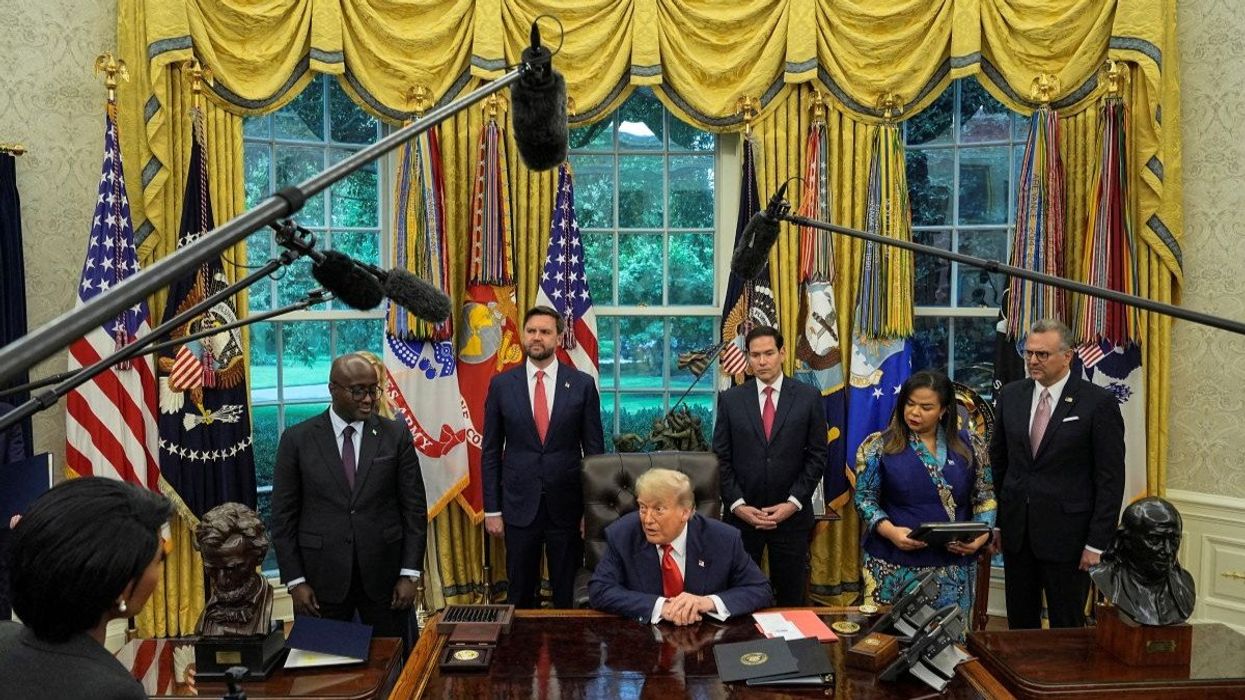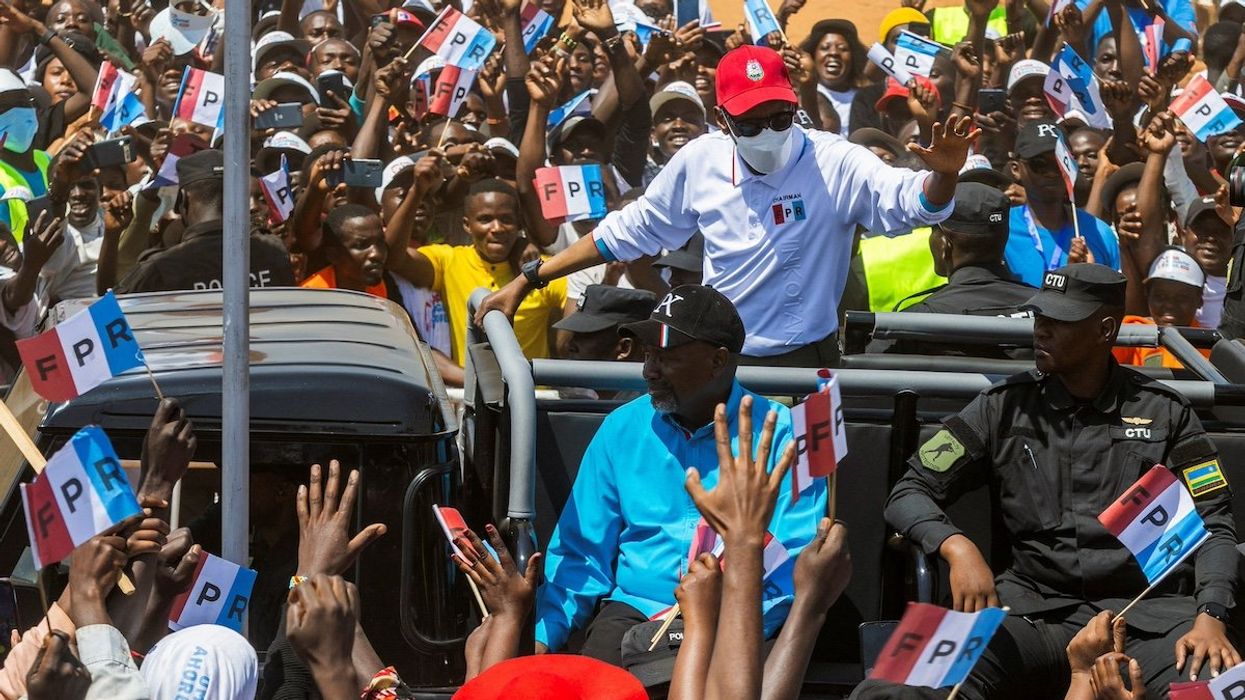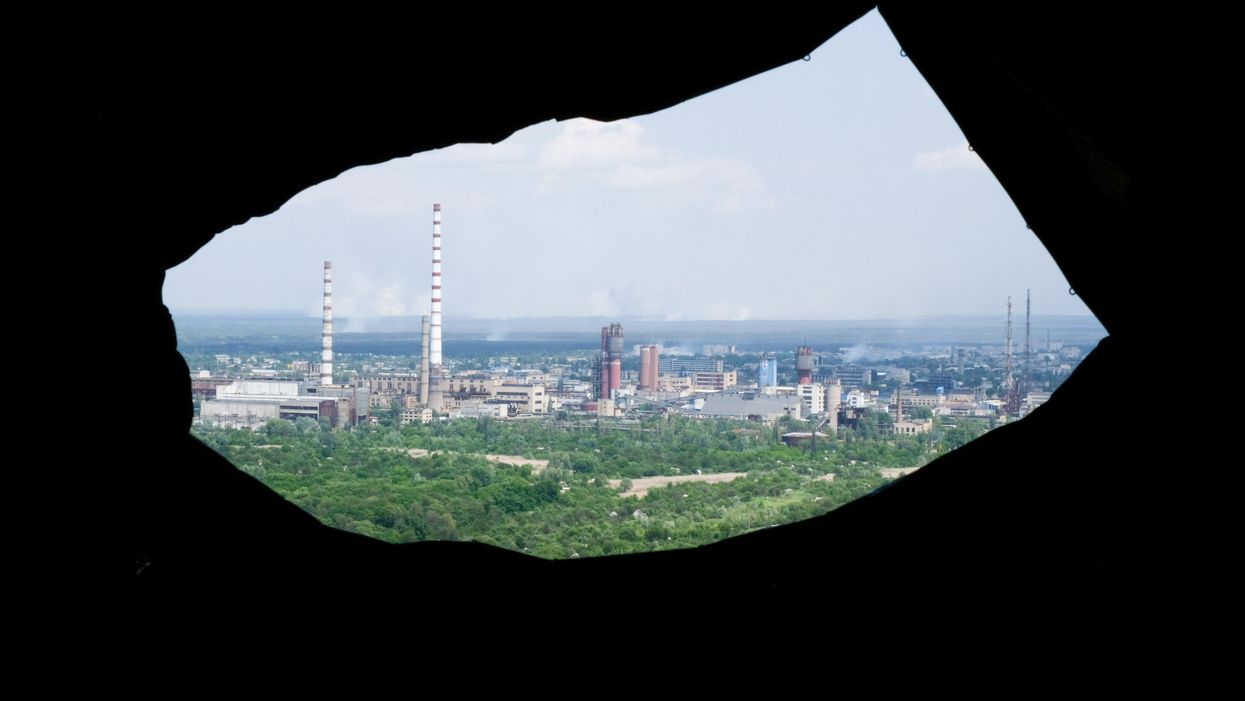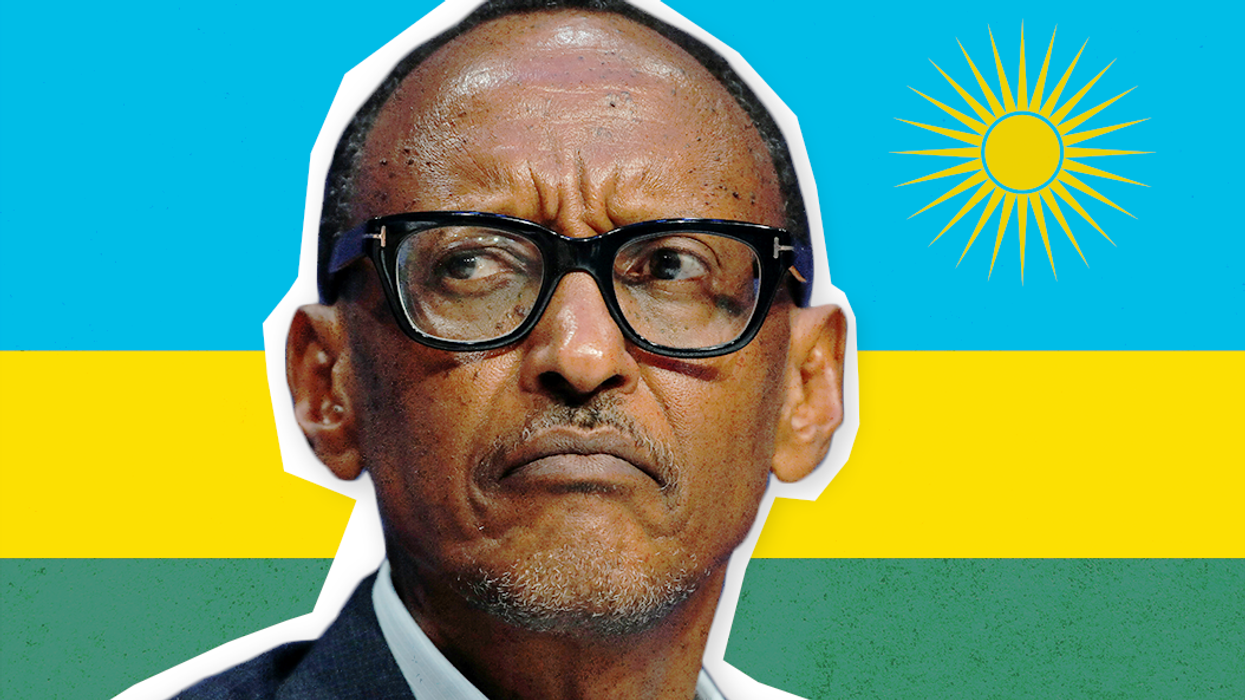Analysis
Mining for peace: can a US-brokered deal end the conflict in the DRC?
On June 27, the Democratic Republic of Congo and Rwanda signed a US-mediated peace accord in Washington, D.C., to end decades of violence in the DRC’s resource-rich Great Lakes region. The agreement commits both nations to cease hostilities, withdraw troops, and to end support for armed groups operating in eastern Congo within 90 days.
Jun 30, 2025




